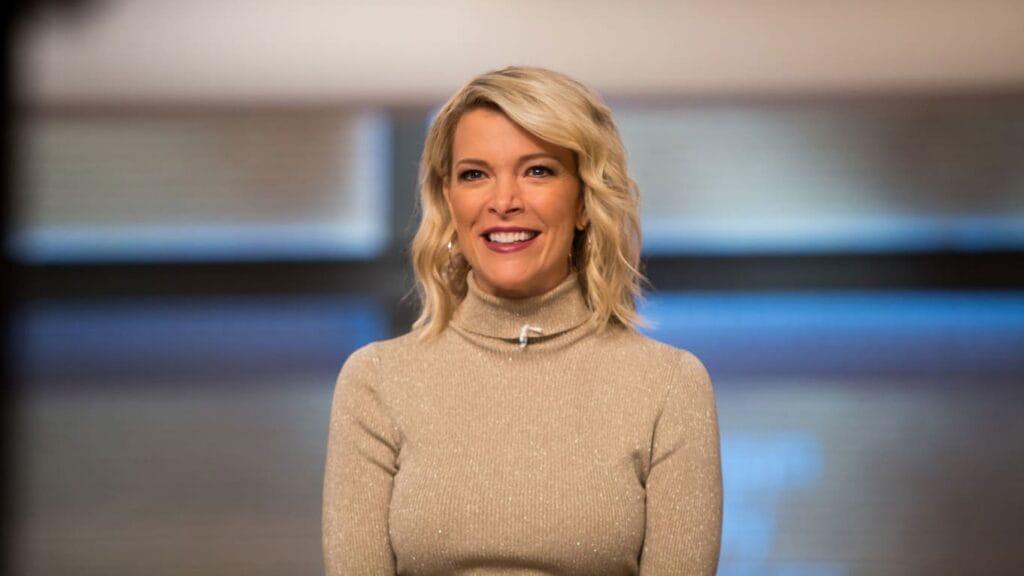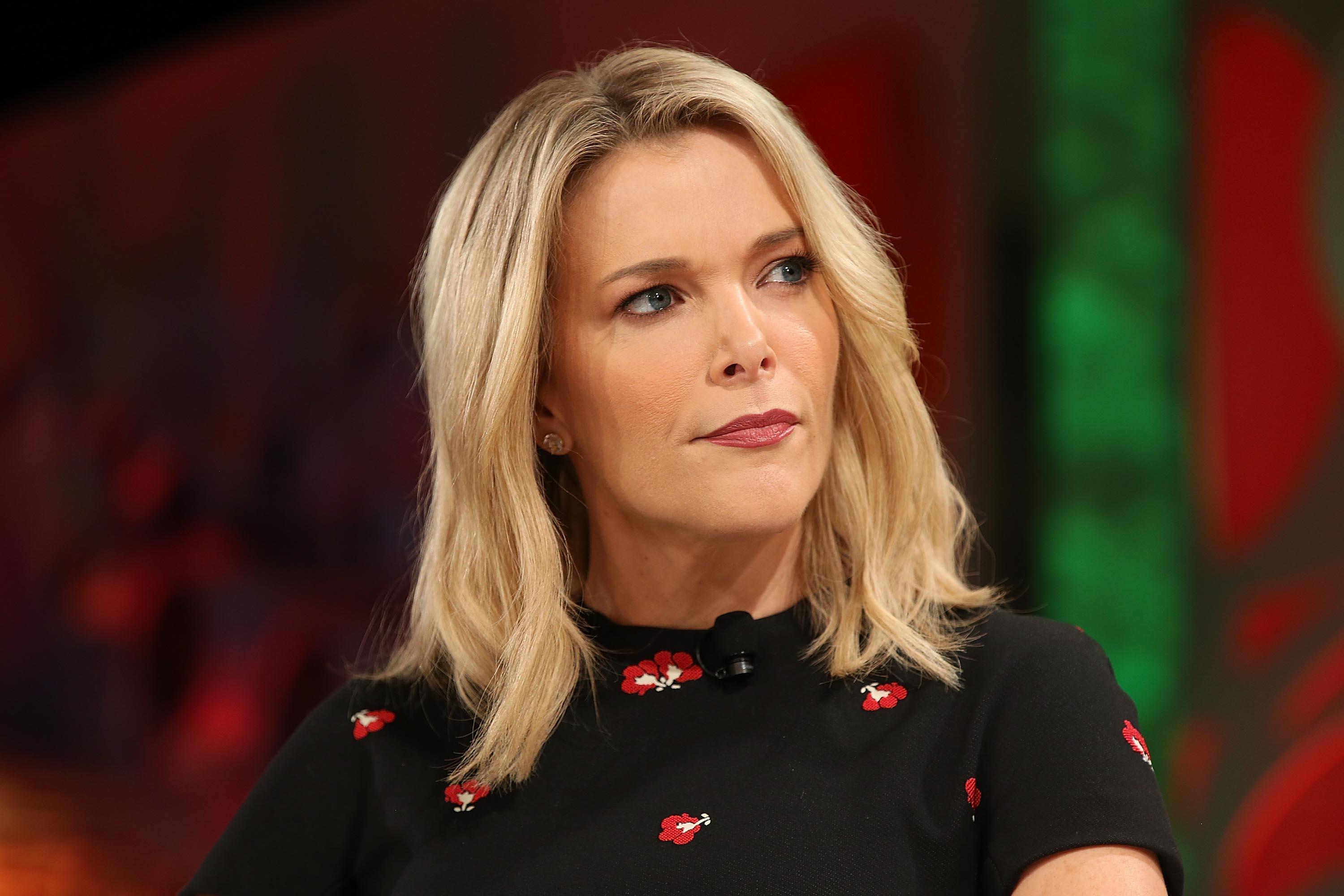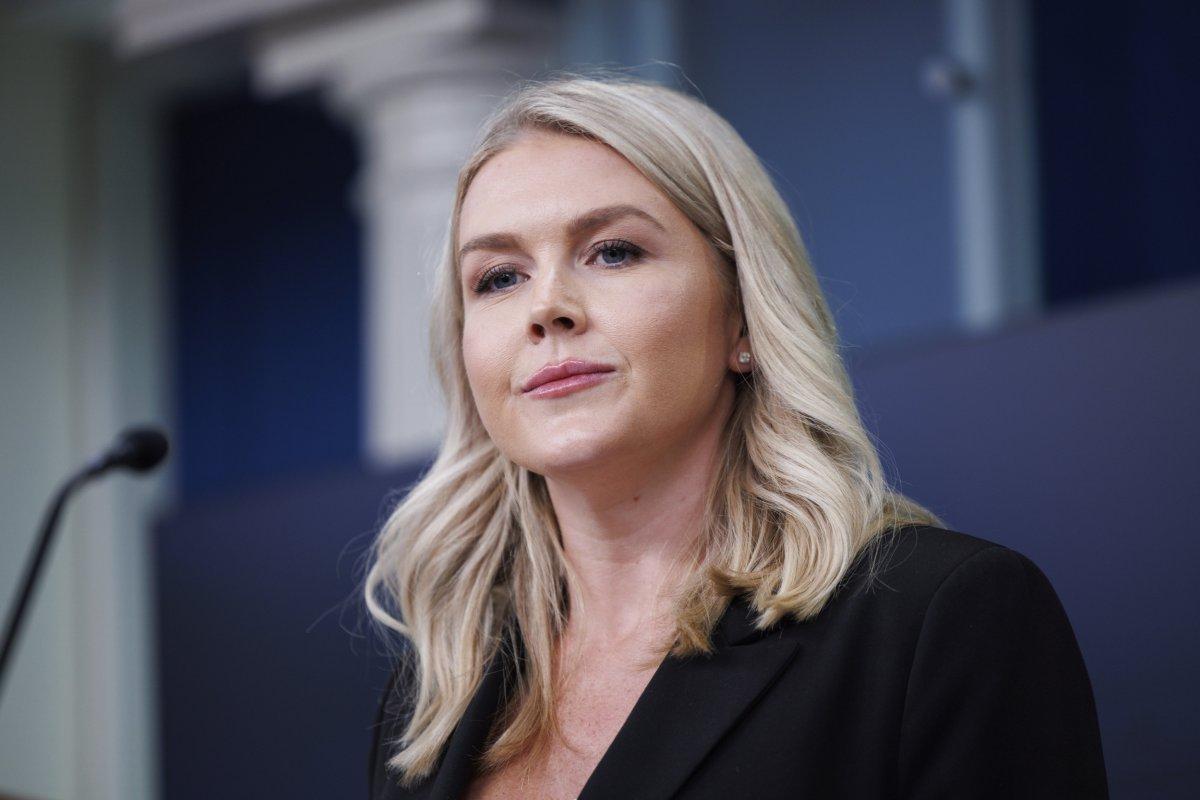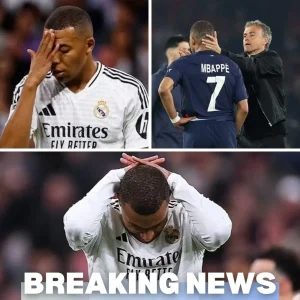The viral narrative that White House Press Secretary Karoline Leavitt bankrupted ABC’s The View with an $800 million lawsuit, punctuated by Megyn Kelly’s alleged eight-word bombshell, “Words have weight; someone made them carry,” has swept social media, captivating audiences with its dramatic flair. The claim, amplified by posts on X and YouTube videos, suggests that a reckless joke on The View targeting Leavitt sparked a legal firestorm, leaving the show’s hosts—Whoopi Goldberg, Joy Behar, and Sunny Hostin—in panic and the network on the brink of financial ruin. However, a closer look reveals this story to be a fabrication, rooted in misinformation and fueled by polarized media dynamics, with no credible evidence of any lawsuit. Despite its falsity, the rumor’s traction underscores the power of social media to shape narratives and the real tensions between Leavitt and The View’s hosts.

The saga gained momentum in April 2025, when YouTube channels like Agenda Insight and MagnetTV GENIUS DATA posted videos claiming Leavitt sued The View for $800 million over defamatory remarks. These videos, garnering hundreds of thousands of views, featured edited clips and voiceovers alleging a courtroom victory that forced the show into a “meltdown.” Posts on X, such as one from @msfaco on July 24, 2025, hyped the story, citing Kelly’s supposed support. Yet, fact-checking organizations like Snopes and Lead Stories have debunked these claims, noting that no legal filings or reputable news reports support the lawsuit’s existence. The videos are part of a broader pattern of AI-generated “slop” targeting public figures, including false claims about Melania Trump and Carrie Underwood suing The View.

The rumor’s plausibility stems from real friction between Leavitt and The View. In December 2024, Leavitt, then 27 and the youngest White House Press Secretary in history, criticized the show’s hosts on Fox News, calling their labeling of Republicans as “conspiracy theorists” ironic given their own inaccuracies. In January 2025, Behar suggested on air that Leavitt’s appointment was due to her appearance, rating her a “10” in Trump’s eyes, while Goldberg challenged Leavitt’s rejection of “wokeness,” implying it enabled her career. These exchanges sparked conservative backlash, with commentators like Ben Shapiro and Charlie Kirk defending Leavitt, calling Behar’s remarks “sexist” and “anti-woman.”

Megyn Kelly’s alleged involvement further amplified the narrative. Known for her sharp commentary, Kelly praised Leavitt’s combative style in a February 2025 podcast, lauding her first press briefing as a “masterclass” against biased media. However, no evidence supports the viral claim of her eight-word quote or explicit endorsement of a lawsuit. Kelly’s actual critique of The View focused on broader media accountability, not a specific legal case. Her comments resonate with conservative audiences who view Leavitt as a symbol of resistance against liberal media, but the lawsuit story exaggerates this into a fictional triumph.
The Coldplaygate scandal, referenced in earlier discussions, provides a parallel example of how social media can inflate personal moments into global controversies. When Astronomer CEO Andy Byron and Chief People Officer Kristin Cabot were caught on a kiss cam at a Coldplay concert on July 17, 2025, the clip went viral, prompting speculation about an affair. Elon Musk’s laughing emoji response added fuel, much like Kelly’s supposed quip in Leavitt’s case. Both incidents highlight how unverified claims spread rapidly on platforms like X, exploiting public fascination with scandal.
While Leavitt has not addressed the lawsuit rumors directly, her team has denied them, and her focus remains on her role, where she’s earned praise for her no-nonsense briefings. The fabricated lawsuit narrative reflects a broader trend of exploiting political divides for engagement, with The View as a frequent target. This saga underscores the need for media literacy, as viral stories can distort reality, amplify divisions, and overshadow substantive debates about accountability and ethics in public life.






